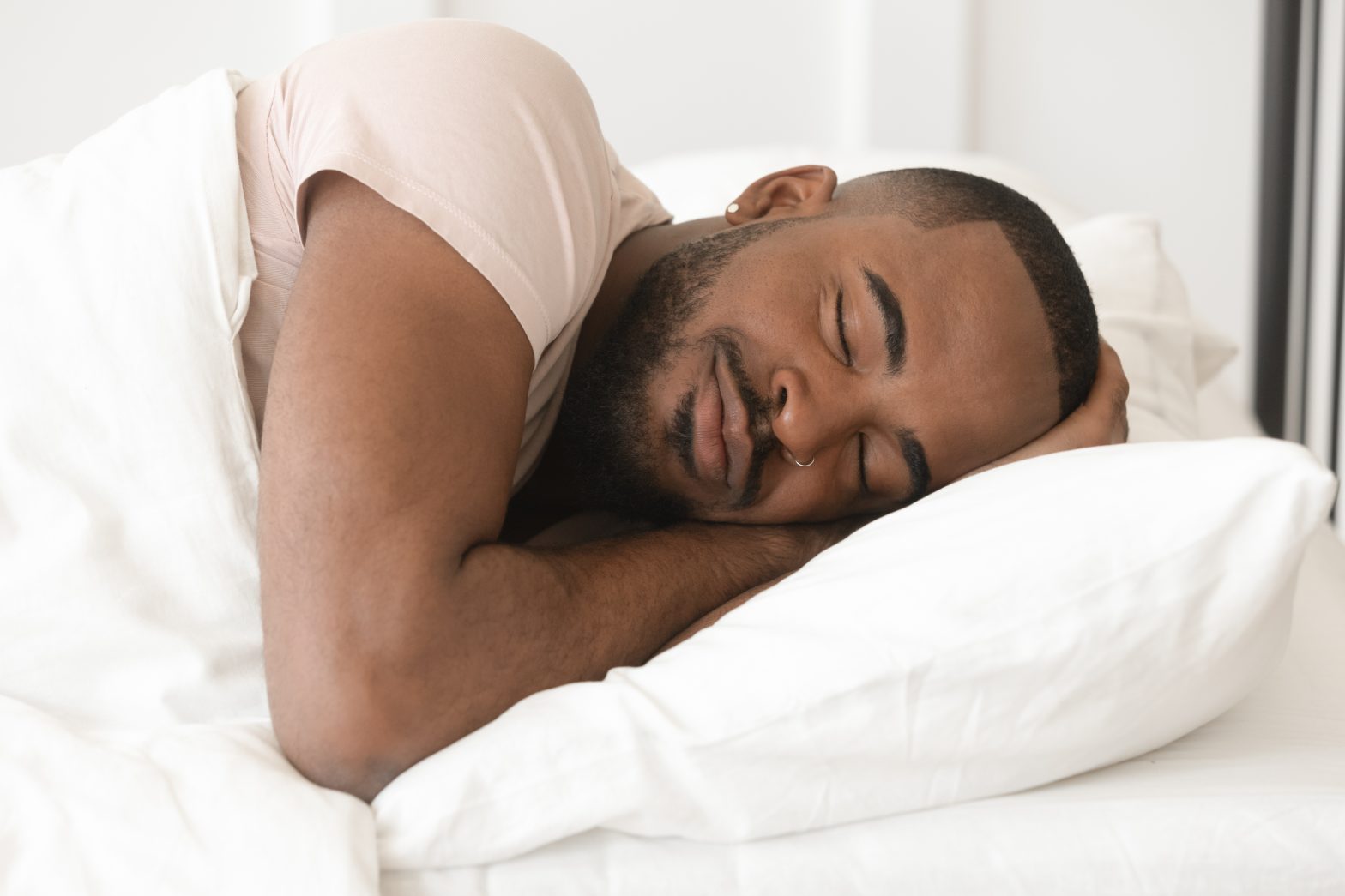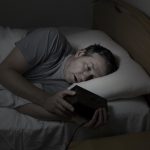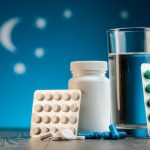The Ultimate Performance-Enhancing Supplement
Posted by Paul Landini

Testosterone-boosters, fat-burners, nootropics — supplement stores are filled with an overwhelming amount of powders and pills that promise to transform our bodies and minds. Of course the majority of these products don’t do a thing. The supplement industry is a notoriously under-regulated Wild West where the end user (that’s you and me) is the mark.
But thankfully, there’s something every one of us can do to enhance our hormonal profile, our physiques, even our brains. Call it a “lifestyle supplement”, one that’s free, readily available to all, and has zero negative side effects. What is this miracle remedy, you ask?
It’s a little something called “sleep”.
The stages and benefits of sleep
Sleep is more than one long bout of comatose inactivity. There are four stages to a complete sleep cycle, with each cycle lasting around 90 minutes. Each stage is important, but it’s in the third stage, when we’re in deep sleep, that most of the restorative benefits kick into action. Getting 7-8 hours of sleep on a regular basis ensures you’re spending enough time in this third stage of sleep, which in turn allows you to not only gain muscle more easily, but also burn more fat.
These restorative benefits take place thanks to hormones that are released during stage three, when we’re in what’s called slow wave sleep (SWS). Those supplements that falsely promise to increase your muscle mass while slimming down your waistline? Their supposed efficacy is usually based on claims of manipulating these very hormones.
It’s all about hormones
Hormones are chemical messengers that dictate how our bodies function. There are dozens and dozens of different hormones, each with a unique role. For the sake of simplicity, we’ll be focusing only on two, those that have a direct impact on our physiques and physical performance: growth hormone and testosterone.
But first, we need to back up a little and talk about our brain. When we close our eyes to sleep, a tiny portion of the brain called the suprachiasmatic nucleus (SCN) becomes activated. The SCN coordinates our circadian rhythms, a series of essential internal functions that run on a 24-hour cycle like clockwork. The most familiar of these functions is the sleep-wake cycle. Another key function — one that’s directly related to the sleep-wake cycle — is the nightly release of hormones.
Growth hormone (also known as human growth hormone, or HGH) is the hormone that aids with recovery after a hard workout, helping us to build mass by repairing muscle tissue. Growth hormone also has an impact on body fat; studies have shown a clear correlation between low levels of growth hormone and obesity. It’s estimated that upwards of 70% of growth hormone is released during stage three sleep.
The other hormone that’s directly linked to body composition is testosterone. The primary sex hormone in males, testosterone influences sexual health, cognitive health and is a main driver behind muscle protein synthesis (that is, the process by which protein is used to repair muscle damage after exercise). Testosterone is also present in women, albeit in much lower quantities. It’s role is no less important for women, as testosterone is converted converted into estrogen, the primary female sex hormone.
As with growth hormone, it’s during the third stage of sleep that testosterone production is at its highest. It’s estimated that sleeping five hours or less on a regular basis can reduce daytime testosterone levels in men by up to 15%.
These facts alone should be enough to encourage gym rats to hit the sack early. But in case you’re still among the “I’ll Sleep When I’m Dead” contingent, consider that lack of sleep leads to an increase in cancer, depression, high blood pressure and all-cause mortality, meaning that your immature boast will very likely become a self-fulfilling prophecy sooner than later.







